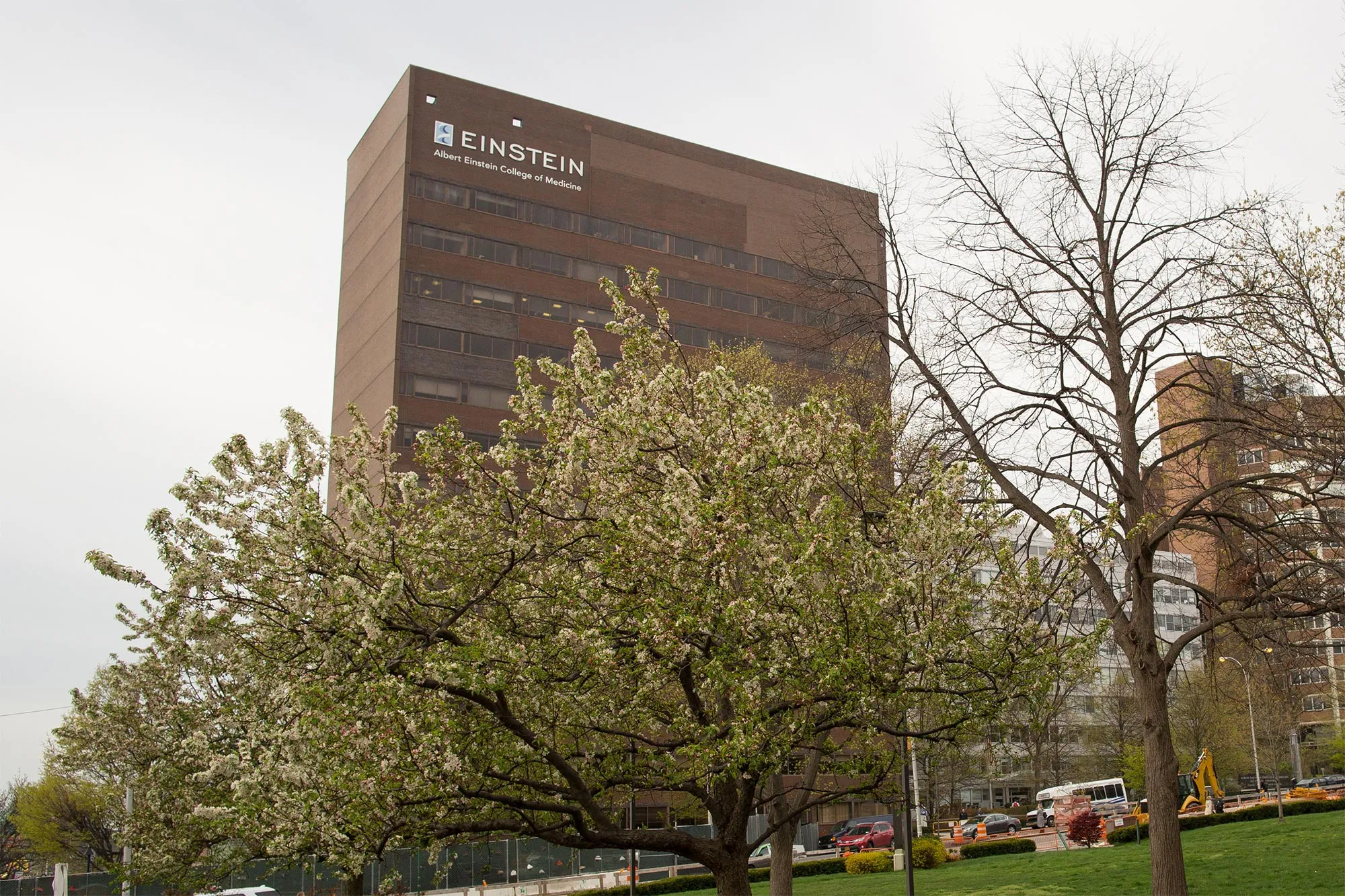We Build Community & Help Students Succeed
At Albert Einstein College of Medicine, we provide M.D. students, graduate students in the biomedical sciences, and postdoctoral scholars with information about policies and procedures and promotion and professional standards that affect your journeys through medical and graduate school. We offer many strong advocates for student and trainee concerns and liaisons to Einstein’s faculty and administration. Our mission is to build community, positively impact the quality of student and trainee life, and help you succeed and grow along healthy pathways into compassionate and skilled physicians, scientists, and researchers.







